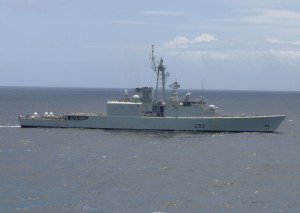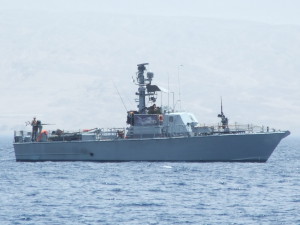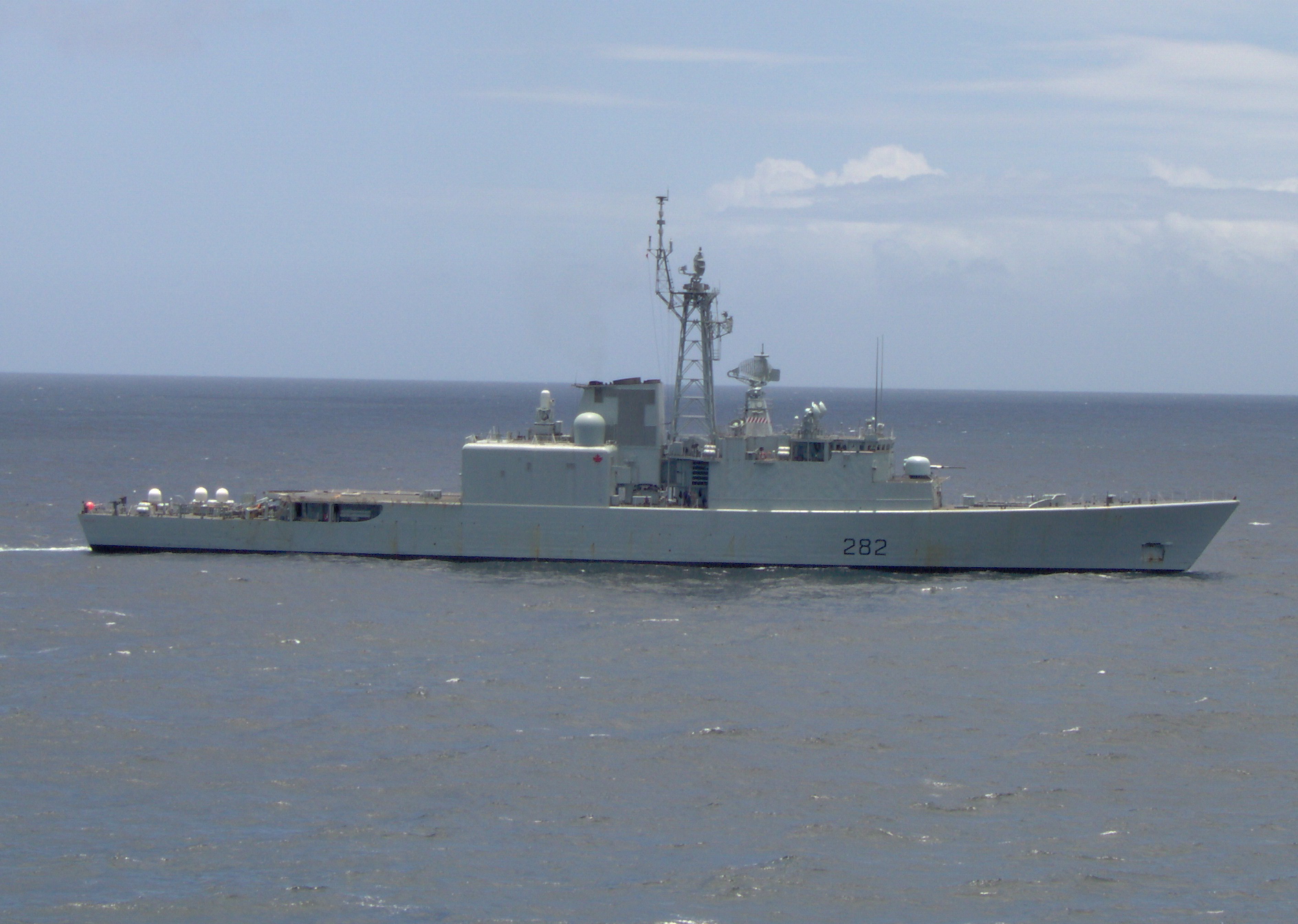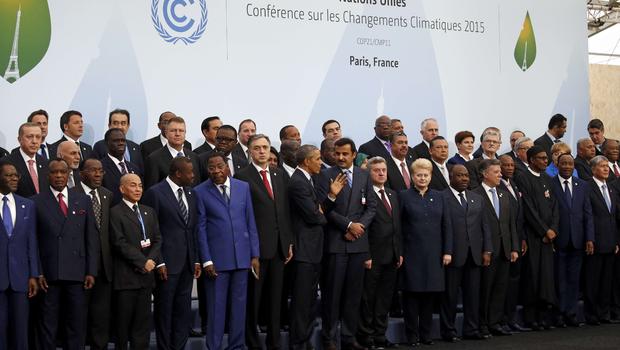HMCS Athabaskan, a 42 year old Iroquois-class destroyer from the Royal Canadian Navy, deployed as part of Operation Caribbe on September 7, 2014. This Canadian Forces mission, initiated in 2006, is an important demonstration of Canada’s commitment to ensuring peace and security in the Caribbean Sea and the coastal areas of Central America. Each year, Canadian naval vessels deploy to the region and, with the assistance of United States Coast Guard personnel, intercept shipments of illicit narcotics or otherwise interfere with organized crime.

Although mainstream society tends to regard Caribbean waters as safe and tranquil, Operation Caribbe routinely intercepts significant drug shipments. In 2013 alone, Canadian vessels prevented 5,080 kilograms of cocaine from traveling north to the United States and Canada. This is substantially less than the 29 metric tons of narcotics intercepted by Canadian vessels in the Caribbean in 2010 or the 7.5 metric tons intercepted in the Arabian Sea last year. Nonetheless, it is clear that international shipping routes in the Caribbean remain a means by which organized crime groups seek to traffic life-threatening substances.
Operation Caribbe is not the extent of Canada’s contribution to counter-trafficking operations in the region, however. The Royal Canadian Navy has also consistently participated in Exercise Unitas, an annual multinational naval exercise along the Central American coast. In 2013, for example, three vessels were deployed to take part: the destroyer HMCS Iroquois, the frigate HMCS Ville de Quebec, and the supply ship HMCS Preserver. Canada’s contribution to Unitas, the largest annual naval exercise in the Southern Hemisphere, is held in such high regard that the HMCS Iroquois was designated the flagship of the multinational fleet for the duration of the joint training. It is unclear what assets Canada will deploy for the 2014 edition, but three vessels of similar classes to those deployed in 2013 seems to be the standard for Canadian participation in Unitas.
These forms of assistance position Canada well as NATO takes on greater interest in Central America. In June 2013, NATO and Colombia signed an Agreement on the Security of Information, which sets out a basic foundation for future defence cooperation. In March 2014, Colombia’s Vice Minister for Defence met with the NATO Deputy Secretary General in Brussels to discuss a deeper relationship with the Alliance, particularly in the area of ammunition safety and specialist training courses. Given the excellent image the Canadian Navy has cultivated through joint activities like Unitas and Caribbe, Canada could be called upon to provide this assistance to Colombian partners under the auspices of NATO, further raising Canada’s profile as a reliable security partner in the Southern Hemisphere.

Regrettably, other countries vital to counter-narcotics efforts in the region have been less cooperative than Colombia and Canada. For example, the Nicaraguan government has condemned Colombia for seeking a relationship with NATO. This is particularly unfortunate as the Nicaraguan Navy would greatly benefit from cooperation with Canada or other NATO members. Limited to a dozen Soviet and Israeli fast patrol boats, Nicaragua scarcely has the capacity to patrol its current coastline against pirates and narcotics traffickers. If a canal between the Atlantic and Pacific is to be established in Nicaragua, the resulting spike in commercial traffic will require drastic improvements to the country’s maritime capabilities. Lacking global reach, China’s maritime forces certainly would not be in a position to train the Nicaraguan Navy or to take over responsibility for policing Nicaragua’s own territorial waters. A relationship with NATO is the only rational choice.
In any case, the deployment of HMCS Athabaskan builds good will for Canada among countries in the region. By continuing to make Caribbe and Unitas a priority, Canada positions itself as a leader in the Americas, deepening the relationship with Colombia in a way that the bilateral free trade agreement simply cannot approximate.




